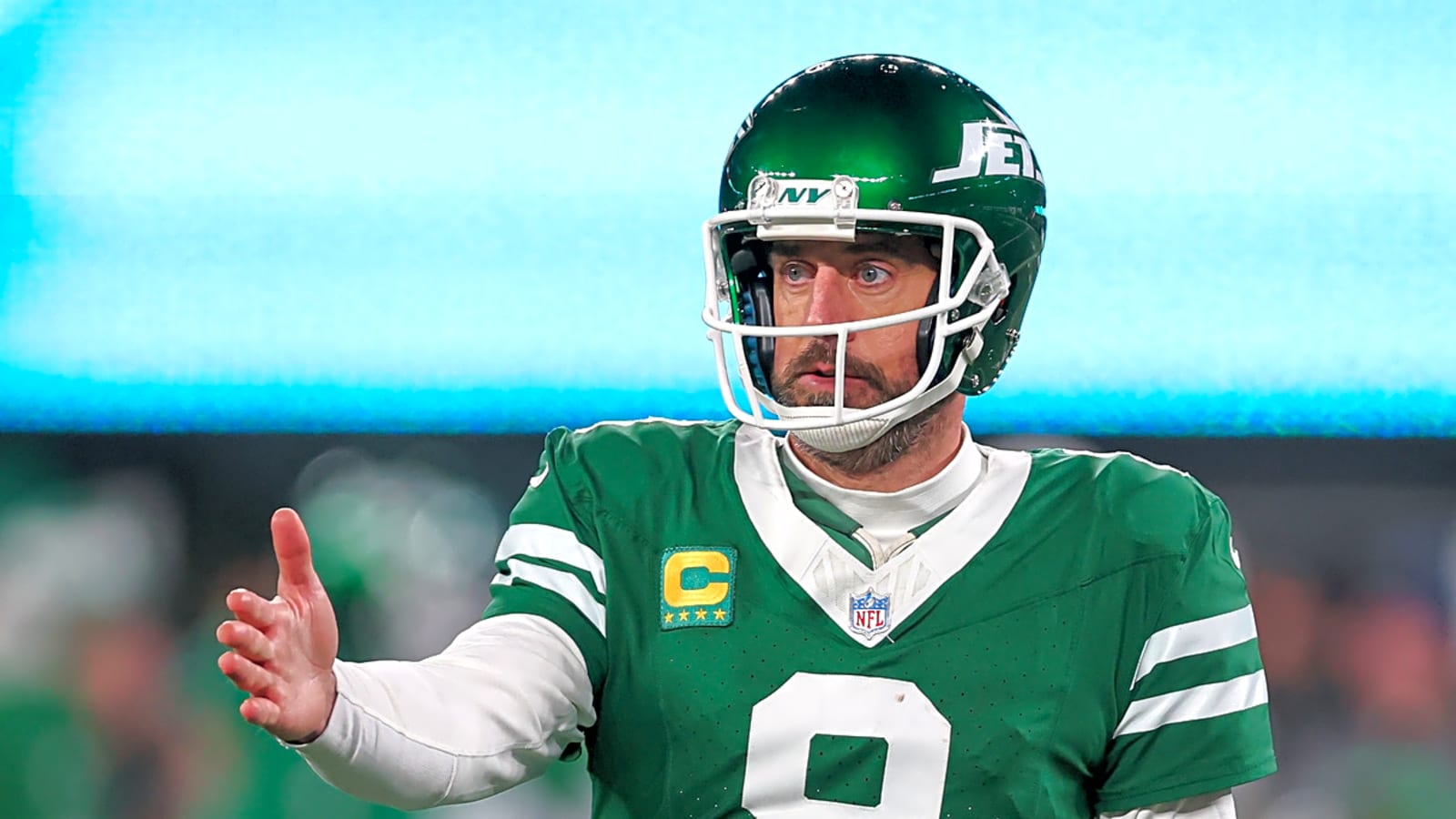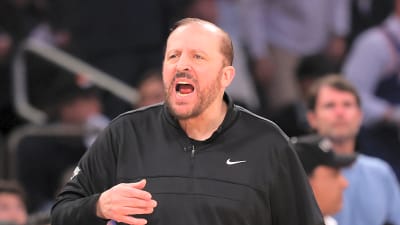
Aaron Rodgers will likely be downgrade for Steelers QB situation
The Aaron Rodgers saga appears to be finally, mercifully, reaching its conclusion as he is reportedly flying to Pittsburgh to sign a one-year contract with the Steelers on Friday. Assuming those I's get dotted and T's get crossed, the Steelers will finally have their quarterback for the 2025 season.
BREAKING: Aaron Rodgers has informed the Steelers he plans to sign a contract and attend mini camp next week, per sources.
— Gerry Dulac (@gerrydulac) June 5, 2025
There is just one problem.
Even though Rodgers is a future Hall of Famer and one of the best quarterbacks of all time, he is no longer that player and is likely to actually downgrade the Steelers' quarterback situation from a year ago.
That is not even getting into the sub-plots regarding Rodgers, including the off-field distractions he can cause with his conspiracy theories and weekly Pat McAfee appearances, or the fact he has missed most of the offseason work with his future teammates.
It is strictly from a football standpoint.
If you are comparing Rodgers to the current quarterbacks on the Steelers roster — Mason Rudolph, Skylar Thompson and rookie sixth-round pick Will Howard — then it would be reasonable to conclude that he might still be better than them. It would be hard not to be.
But that is not the comparison the Steelers should be making or need to be making. The comparison should be what will Rodgers do versus what last year's quarterback room of Russell Wilson and Justin Fields was able to do, and what they could have done this season.
That is where things start to look especially grim for the Steelers-Rodgers union.
Not only will Rodgers be turning 42 in December, his teams have won just 13 of the past 34 games he has started and finished going back to the start of the 2022 season. It would be easy to write a lot of that off as typical New York Jets dysfunction, but one of those seasons came when he was a member of the Green Bay Packers (when they went 8-9 with Rodgers).
While it is true that win-loss record is not only a quarterback stat and there are other factors involved in a team's success, the reality is that Rodgers himself has not been very effective.
During the 2022 season his total QBR of 41.3 was 26th out of 31 quarterbacks that qualified for the league lead.
He missed all but four plays of the 2023 season before returning in 2024 where he posed a QBR of 48.0 that ranked 25th out of 32 quarterbacks that qualified for the league lead.
He was already showing significant signs of slowing down and losing productivity, and it is hard to imagine that trend is going to reverse itself when he is another year older. Even worse, those QBR numbers are worse than what both Steelers quarterbacks — Wilson and Fields — did in 2024. Wilson finished with a 51.3 QBR in his 11 starts while Fields posted a 50.8 mark. You have to go back to 2021 to find the last time Rodgers performed better than those numbers over a full season.
It's not that Wilson or Fields were good quarterbacks in Pittsburgh. It's not even an argument for bringing one of them back over signing Rodgers. It's that they were not good enough to help the Steelers end their playoff-win drought (which goes back to the 2016 season) and Pittsburgh responded by bringing in an older quarterback that has performed worse than both of them.
How does that fix the problem? It doesn't.
The Steelers still have a good enough defense and a strong head coach in Mike Tomlin that they can still probably scratch and claw their way to nine or 10 wins and a playoff berth. But it is unlikely that Rodgers at this stage of his career is going to do anything to get them any closer to a Super Bowl.
More must-reads:
- Five must-see Steelers games in 2025 with Aaron Rodgers on the team
- Pros, cons of Steelers embarking on the Aaron Rodgers experience
- The 'NFL MVPs' quiz
Breaking News
Trending News
Customize Your Newsletter
 +
+
Get the latest news and rumors, customized to your favorite sports and teams. Emailed daily. Always free!







